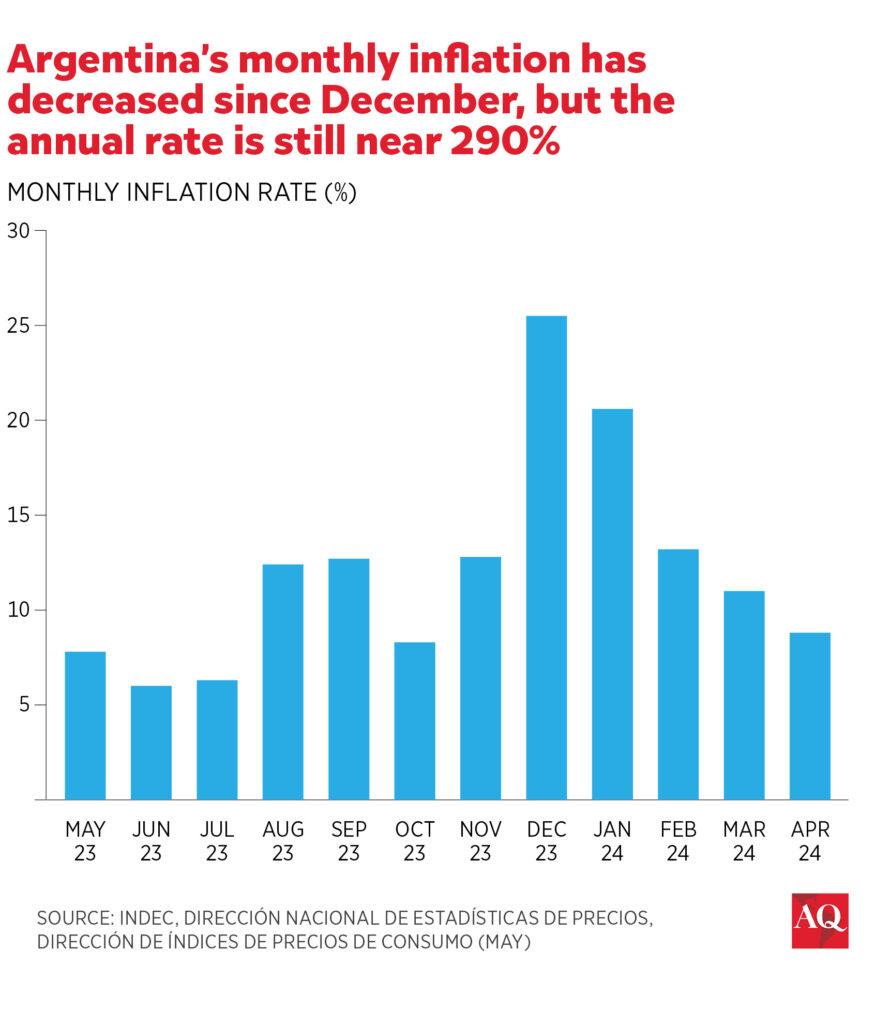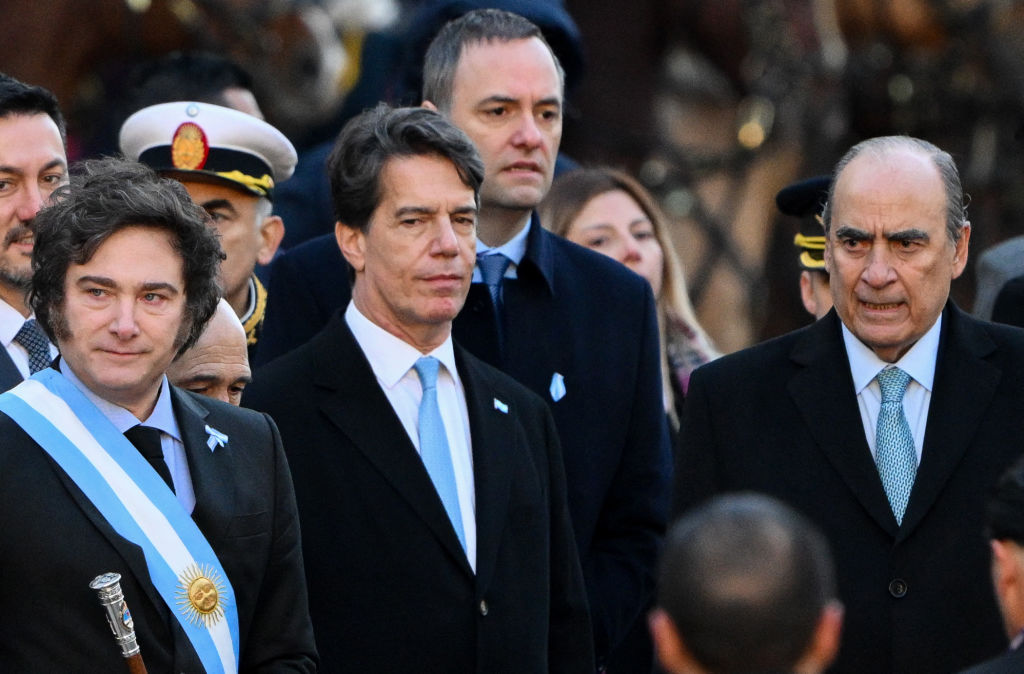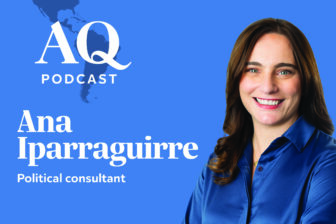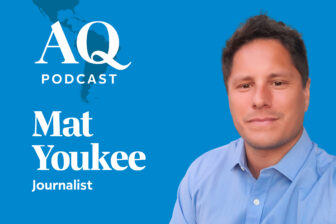BUENOS AIRES — Javier Milei’s appointment of a new cabinet chief comes at a delicate moment. With Milei’s ambitious economic agenda still in Congress, there are signs markets are watchful, and the president himself is focusing on travels outside Argentina. Guillermo Francos’ success in this role is thus essential.
Francos replaces Nicolas Posse, who left office after five months. Although Posse was very close to the president and responsible for key issues like U.S.-Argentina bilateral relations and the intelligence agency, he faced challenges in engaging with ministers, political and business leaders and the press, as well as managing Argentina’s extensive governmental responsibilities. These challenges led to some criticism and political noise.
Despite these hurdles, the government has made progress in reducing monthly inflation rates, although the annual price index remains high at over 289%. Milei’s popularity has remained steady at nearly 50%, but securing Congress’s full approval for crucial legislation, including the comprehensive Omnibus Bill, a comprehensive economic overhaul including privatizations, income tax changes, and a new investment framework, continues to be an objective.

Francos, previously the interior minister and a key negotiator with provincial governors, now steps in to advance the legislative agenda. His close relationship with Milei and his reputation as a skilled negotiator indicate the trust Milei places in him to address these challenges.
Some had urged Milei to use the cabinet chief shakeup to fortify his alliances with other actors—by appointing someone closer to former President Mauricio Macri, for example, or even someone with connections to the Peronist world (since some opposition support will likely be necessary to approve legislation).
Instead, Milei doubled down on a figure from his own political space, albeit one who is seen as an excellent negotiator. Indeed, Francos is widely perceived as one of the government’s most experienced, politically savvy figures, one who has been able to dialogue with Peronists, unions, and business leaders alike.
The challenge Francos faces now is that he must do both his old job and his new one: No one can replace him in the political negotiations in Congress, but now he will also be tasked with the attributions of the cabinet chief, making the government machinery work during an era of budget cuts, recession, and broader economic difficulty.
Adding to these challenges, Milei is frequently traveling. No other Argentine president has spent as much time abroad at this stage of their administration. This week, Milei will meet with technology executives and entrepreneurs in Silicon Valley, then attend Nayib Bukele’s inauguration in El Salvador, returning briefly to Argentina before heading to Europe.
Milei appears to believe all this travel is helping build Argentina’s role in the world and its profile with investors. But the bottom line is that as a result, he needs someone he trusts to stay behind in Buenos Aires and help conduct the day-to-day management of government. It’s no easy task, but that’s the task that now awaits Guillermo Francos.
—
Díaz is managing director at Cefeidas Group, an international advisory firm based in Argentina.








